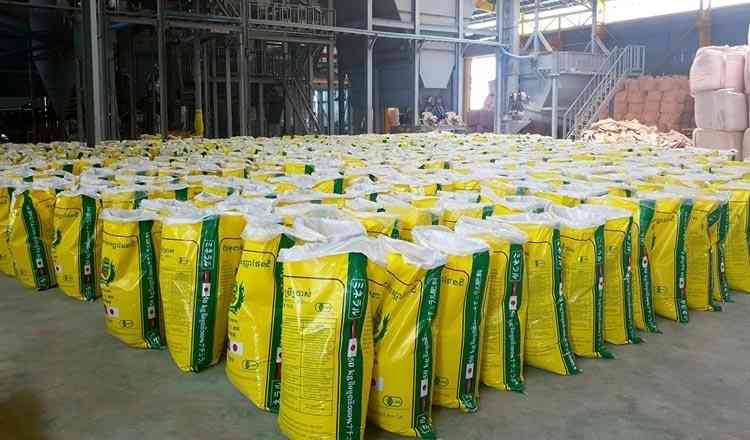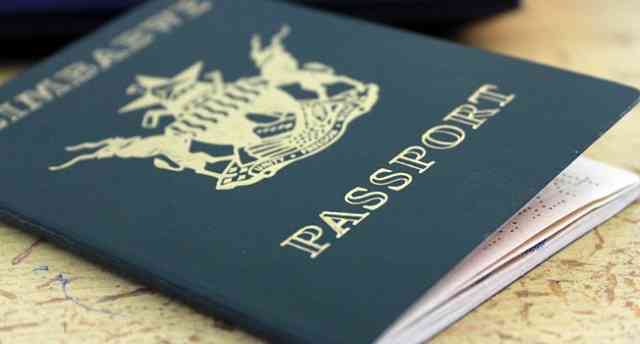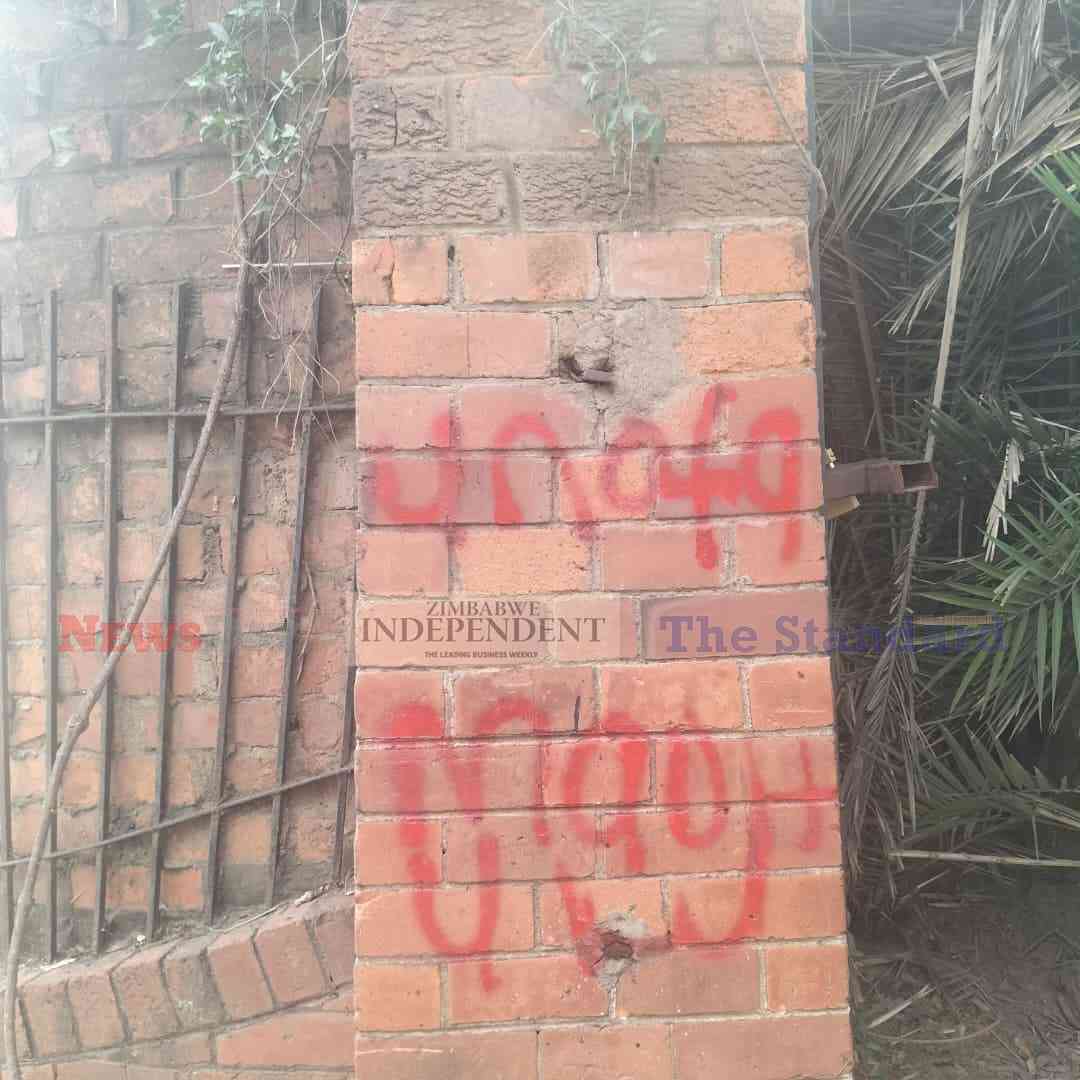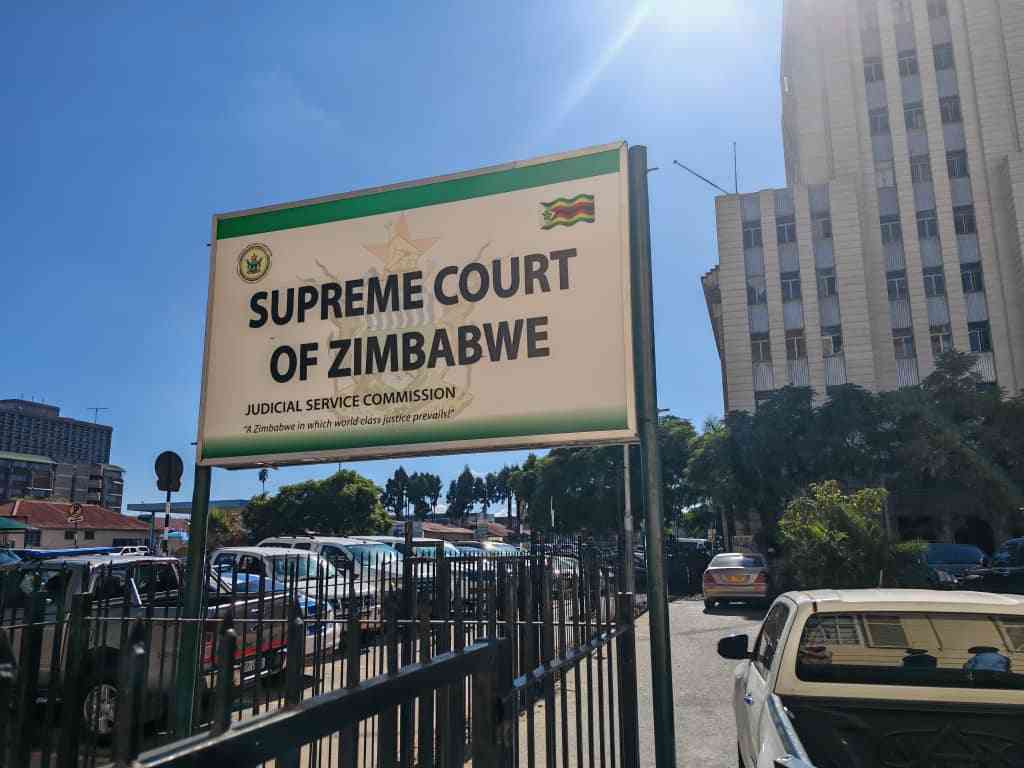
ZIMBABWE has witnessed a drop in fertiliser prices in a development that it set to see smallholder farmers easily accessing the product to boost security.
A tonne of fertiliser now costs at least US$600, down from as high as US$1 600 when the Russia/Ukraine war started on February 24, 2022.
The war saw the cost, insurance and freight charges for the three types of fertilisers commonly used in Zimbabwe jump to US$1 100, US$1 250 and US$1 400 per tonne in 2022 from around US$600 per tonne in 2020.
Lands and Agriculture ministry secretary Obert Jiri said the massive reduction in fertiliser prices would boost food security.
“When the Russia-Ukraine war started, the fertiliser prices shot to about US$1 600 a tonne, but ever since, now we are looking at around US$600 a tonne,” he said while addressing journalists during a media tour of the SuperFert Fertiliser Plant in Bindura on Tuesday this week.
“So there has been a massive, massive reduction in the price of fertiliser, not only because of the supply from the Middle East, but also from strategies such as these, where we have, you know, said, let’s do local production.”
In 2022, government raised concern over the high prices of fertiliser as they were pushing up the cost of grain, piling more misery on long-suffering citizens.
Jiri called for extensive support for local production and procurement from local industries.
- Mavhunga puts DeMbare into Chibuku quarterfinals
- Bulls to charge into Zimbabwe gold stocks
- Ndiraya concerned as goals dry up
- Letters: How solar power is transforming African farms
Keep Reading
“We want to continue that route, where we are saying, let us get more and more local raw material support, in which the 40% can get to 80%, 90% and eventually full production, local production here in the country.”
SuperFert general manager Sean Durrad said they were ready to support the food security drive and willing to partner the government in the long term.
“In terms of the supply chain, we have seen a few shortages of ammonium nitrate, but nothing that is going to affect our country,” he said.
“We have the raw materials procured to deliver into this programme to the full capacity to which we have been contracted.”
Durrad said there were agronomists on the ground making sure that the blends being made met the requirements of the local soils.
“We obviously use localised bagging producers as well and we use localised labour, so we are a local company producing local products, supporting the local community.
“"We try to make emphasis on making as many local purchases as we can and reducing our imported raw materials, although sometimes we are hampered by their availability in-country.”
.











